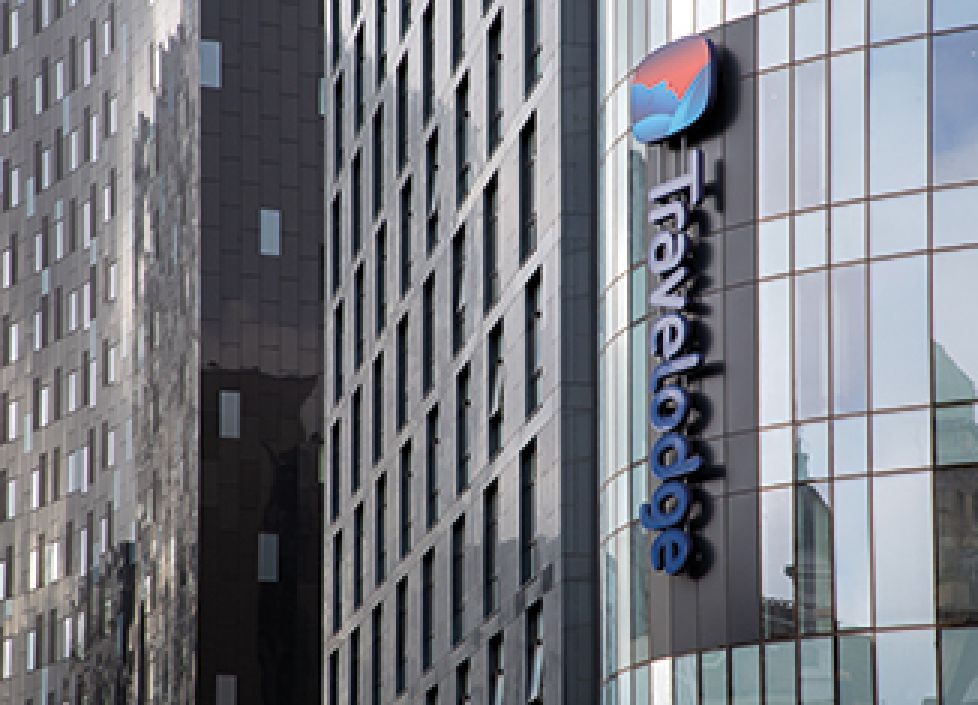Some of the headlines proclaim that the city is dead: offices lie empty, retail giants have fled the city centres and gone online and many prominent business leaders are doing their utmost to promote flexible working. Just two weeks ago, Tulip Siddiq MP introduced the “Flexible Working Bill”, aimed at giving workers a right to flexible working arrangements. Now that 19 July has passed and the restrictions from the pandemic have been lifted, it is clear that the debate about the future of the office and city centres is more divided than ever.
In many ways, we are now living completely different lives and many of us have successfully adapted our workstyles. As creatures of habit, we generally don’t like change and so it will be a real challenge for politicians and businesses to get people to readapt once again to life post-Covid restrictions. That is without the variety of concerns amongst workers who do not know what to make of the currently rising COVID-19 case rates.
So where does this leave the “traditional office”? A redundant concept? Certainly not. And in practice, we are busier than ever in both managing new mandates in offices and high-end residential, but I’m afraid that it’s not as clear-cut an answer as that.
Like with many things, this pandemic has forced us to confront processes that were not working: our lifestyles have completely evolved, our workstyles have evolved and so too must the concept of the office evolve.
New ways of working require new solutions, flexible workspaces for limited capacity teams now require spaces in which they can work in a very different and safe manner to that of only 18 months ago. For another large group of people, working at home is simply untenable and affords no practical ability to physically collaborate, problem solve, mentor and train and meet and greet: either they do not have the space, cannot adequately focus or there are other people working from home too (and the bandwidth is impacted as a result).




















